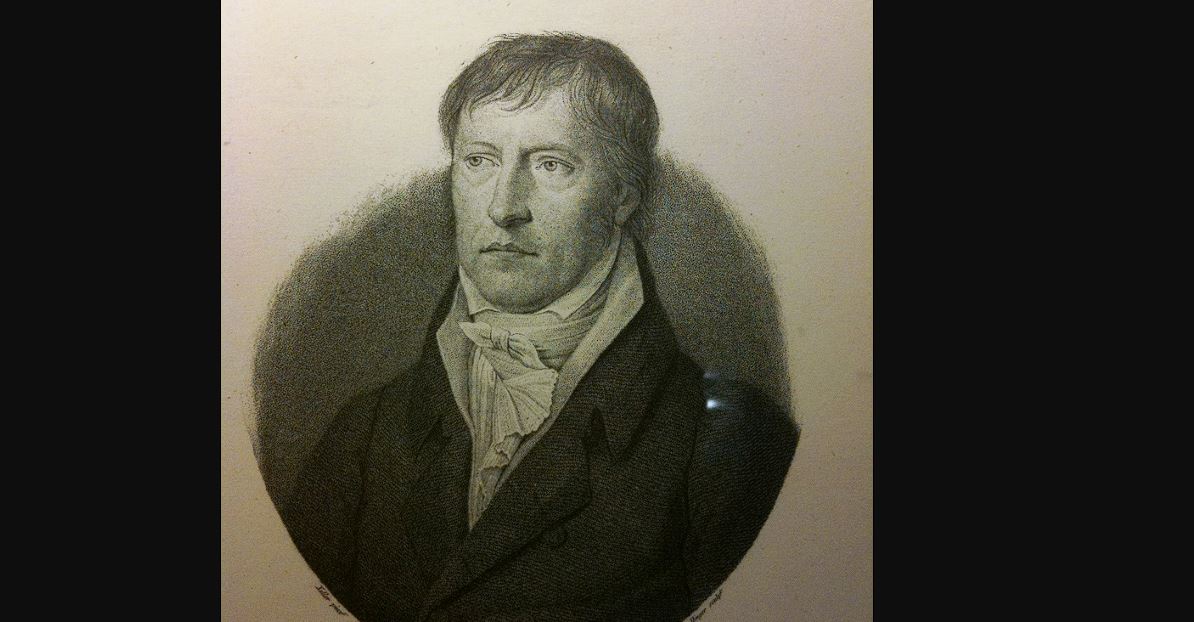The German press labeled it the “philosophical discovery of the century”. Five archival boxes with folders and handwritten documents were found in the diocesan library of the Archbishopric of Munich and Freising. After almost 200 years, a treasure of over 4,000 pages of notes from the lectures and conferences of the German philosopher Georg Wilhelm Friedrich Hegel, considered the most important representative of German idealism, has come to light. Documents that contain extensive reflections on the theme of freedom, religion, and art. The announcement was made in a press release from the Archdiocese’s press office.
The discovery was made by Klaus Vieweg, professor of the history of philosophy at the ‘Friedrich Schiller University of Jena, biographer, and researcher of Hegel. “For almost two centuries – he commented enthusiastically – researchers hadn’t examined these papers closely. I made an exceptional discovery: so surprising and lucky it probably happens only once in a lifetime and is comparable to the discovery of a new score by Mozart”. The manuscripts make it possible to understand Hegel’s philosophizing as a “work in progress”. The transcripts were written by the Catholic writer and politician Friedrich Wilhelm Carove, one of Hegel’s first students at the University of Heidelberg.
Ask me anything
Explore related questions





